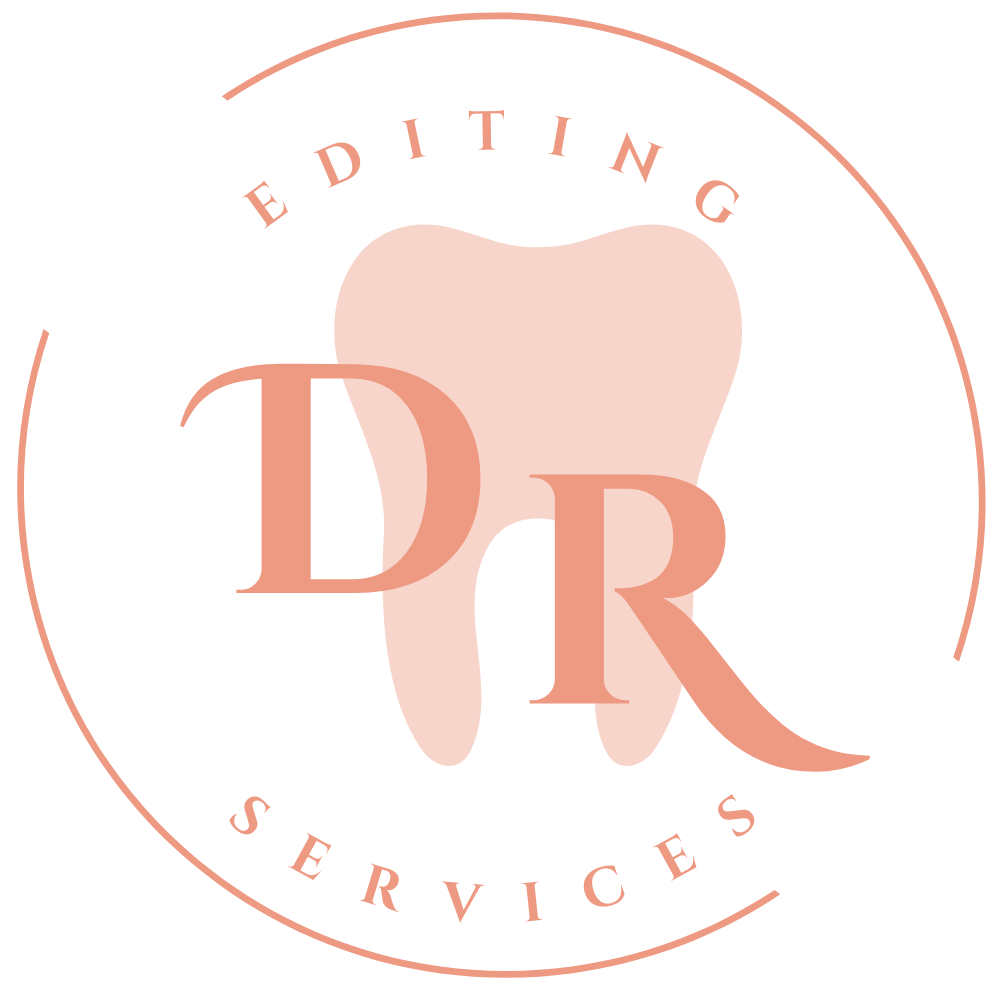
How to Get Into Medical Writing: Step-by-Step Guide
Are you passionate about science, medicine, or health and have a knack for writing? Medical writing could be the perfect career path for you.
With the rise of the healthcare and pharmaceutical industry, medical writers are in demand more than ever. But how do you start your career as a medical writer if you’re a science graduate, a healthcare professional, or a life sciences enthusiast?
This blog will walk you through everything you need to know about breaking into medical writing – from understanding what medical writers do, to building the skills and experience needed, and finally, landing your first opportunity.
By the time you finish reading, you’ll have actionable advice and a clear plan to start your medical writing career confidently!
What is Medical Writing?
Medical writing involves creating well-structured, accurate, and clear documents about medicine, healthcare, or life sciences. These documents can take various forms, including research papers, clinical trial reports, regulatory submissions, patient education materials, and marketing content.
Medical writers act as the bridge between scientific knowledge and its audience, which includes healthcare professionals, regulatory agencies, and patients. Think of it as translating complex medical information into understandable and engaging communication.
Types of Medical Writing
Medical writing isn’t one-size-fits-all. Here are some different roles, based on the type of content produced:
- Regulatory Writing: Writing documents required for regulatory approval, such as clinical study reports and investigational new drug applications.
- Scientific Writing: Developing manuscripts, abstracts, and posters for journals and scientific conferences.
- Medical Communications: Creating promotional and educational materials for healthcare professionals, patients, or the general public.
- Health Journalism: Writing health-related articles for magazines, newspapers, or blogs.
- Grant Writing: Preparing funding proposals for research or community health projects.
Each of these roles requires slightly different skills, so exploring which area aligns with your interests and expertise is helpful.
Why Consider a Career in Medical Writing?
Medical writing offers a diverse and rewarding career that combines science, communication, and creativity. Below are just a few reasons why this field might be right for you:
- High Demand: With the growth of the pharmaceutical and healthcare sectors, there is a continuous need for skilled communicators.
- Flexible Work Options: Many medical writers work remotely or as freelancers. This flexibility is ideal for maintaining a work-life balance.
- Intellectual Challenge: Medical writing lets you stay updated on cutting-edge research and advancements.
- Good Salary Potential: Experienced medical writers can earn a competitive income. According to Glassdoor, the average annual salary for medical writers in the UK is around £45,000, with senior roles exceeding £60,000.
- Career Evolution: You have the opportunity to work across different types of content and industries, giving you room for growth and variety in your career.
You’ll thrive in medical writing if you enjoy combining complex scientific content and translating it for diverse audiences.
Looking for a personalised roadmap & guidance?
📅 Book Your 1:1 Career Session with Dr. Rads! 👉 https://calendly.com/drrads/coaching
Dr. Rads is an established career coach who has helped hundreds of people enter their dream careers.
🎥 Want to hear Dr. Rads’ break down of the career?
Watch this quick TikTok video!
A Career in Medical Writing | TikTok
What Skills Do You Need as a Medical Writer?
The key to entering and thriving in medical writing lies in building strong skills that make you a valuable asset. Below is a breakdown of the essential skills you need to succeed:
1. Exceptional Writing Skills
Clarity, accuracy, and conciseness are the cornerstones of good medical writing. You should know how to adapt your tone and level of detail depending on your audience, whether it’s regulatory agencies, healthcare professionals, or patients.
2. Scientific Knowledge
You don’t need a PhD to become a medical writer, but a firm grasp of concepts like clinical trials, pharmacology, and physiology will give you an edge. Most medical writers come from a background in life sciences, medicine, or pharmacy.
3. Attention to Detail
Medical writing is a field where precision matters. Ensuring scientific data, terminology, and formatting are correct is crucial, especially in regulatory and clinical documents.
4. Research Skills
You’ll often work with datasets, journal articles, and clinical trial information. You need to be comfortable gathering, understanding, and synthesising information.
5. Ability to Meet Deadlines
Medical writers often juggle multiple projects with strict schedules. Time management and organisational skills are essential.
6. Digital Tools and Software
Familiarity with citation management tools (e.g., EndNote) and document collaboration platforms (e.g., Microsoft Word, Google Docs) will go a long way. Knowledge of reference styles like AMA or Vancouver is also valuable.
Don’t worry if you don’t have all these skills yet. You can build them over time with practice, training, and experience.
Pathways to Becoming a Medical Writer
Pathways to Becoming a Medical Writer
Breaking into medical writing takes some planning, but the steps are highly achievable. Follow these six steps to launch your career:
Step 1: Build a Strong Scientific Background
Start by leveraging your science degree. An undergraduate or postgraduate degree in life sciences, medicine, pharmacy, or related fields is a great foundation.
If you’re still studying, look for courses that teach effective writing or communication. Many universities offer modules on scientific or technical writing.
Step 2: Hone Your Writing Skills
Practice writing in your spare time. This could be through coursework, blogging about scientific topics, or contributing to online forums like LinkedIn. Feedback from peers or mentors will help refine your style.
If you’re a doctor searching for alternative careers, think back to your past! What have you written before? Dissertations, poster presentations, educational leaflets?
Step 3: Learn about the Industry
Take time to understand where medical writers fit into industries like pharmaceuticals, healthcare, and medical communication agencies.
Research commonly used document formats, such as patient information leaflets. Read about clinical trials, their phases, and how the documentation is laid out.
You can join professional organisations like the European Medical Writers Association (EMWA) or the American Medical Writers Association (AMWA) to access resources, training, and networking opportunities.
Step 4: Start Freelancing or Interning
Freelance opportunities or internships with medical communication agencies provide hands-on experience and help you build a portfolio. Browse platforms like LinkedIn or industry-specific job boards for openings.
Step 5: Build a Portfolio
A strong portfolio is your gateway into medical writing. Include examples of scientific articles, abstracts, patient leaflets, or mock regulatory documents you’ve created. If you’re just getting started, creating samples can fill in the gaps.
Step 6: Network and Apply for Jobs
Attend workshops, webinars, and medical writing conferences to connect with industry professionals. Networking can lead to mentorship or job referrals.
You can apply for entry-level positions like “Junior Medical Writer” or “Associate Medical Writer” on platforms like LinkedIn Jobs, Indeed, or at major pharmaceutical companies.
Pro Tip: Customise each application to highlight your writing skills, attention to detail, and knowledge of healthcare or life sciences.
How to Succeed in Medical Writing
Once you’ve landed your first role, success comes down to continually improving. Here’s how to thrive:
- Stay Updated: Healthcare and medical knowledge evolve constantly. Read medical journals, attend industry events, and take online courses.
- Seek Feedback: Be open to constructive criticism from editors or project managers. This will refine your understanding of industry writing standards.
- Collaborate: Building strong relationships with your colleagues, clients, and stakeholders will make managing projects easier and more enjoyable.
The most successful medical writers combine science literacy with creative, clear communication skills.
Take the First Step Toward Your Medical Writing Career
Medical writing offers a fulfilling career combining science, creativity, and impactful communication. Whether you’re a science graduate, pharmacist, physician associate, or researcher, this field welcomes diverse skill sets and expertise.
If you’re ready to start your career, start small – practise writing, explore the industry, and build your portfolio. Remember, every great writer starts somewhere!
The future of healthcare communication is waiting for you. Will you answer the call?


